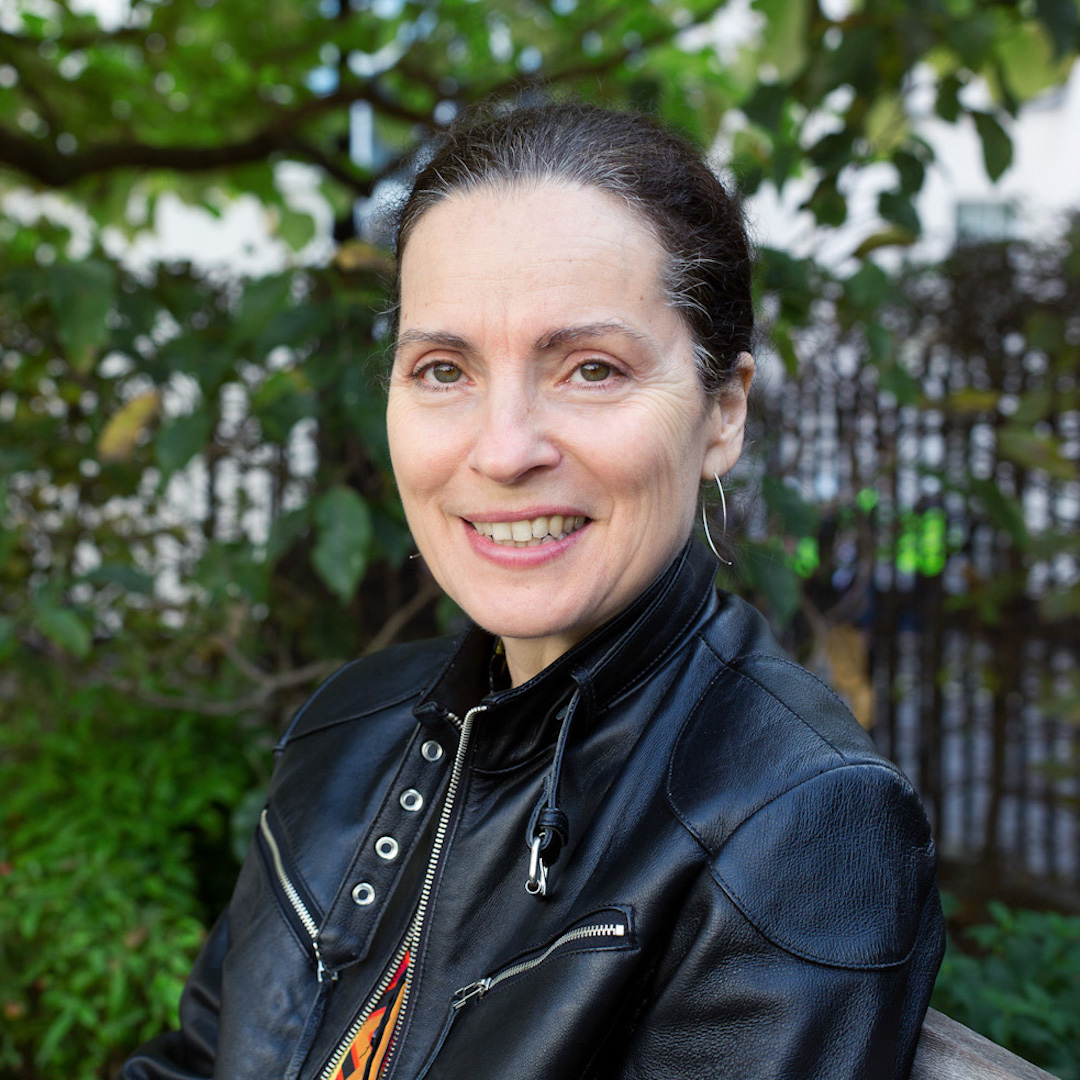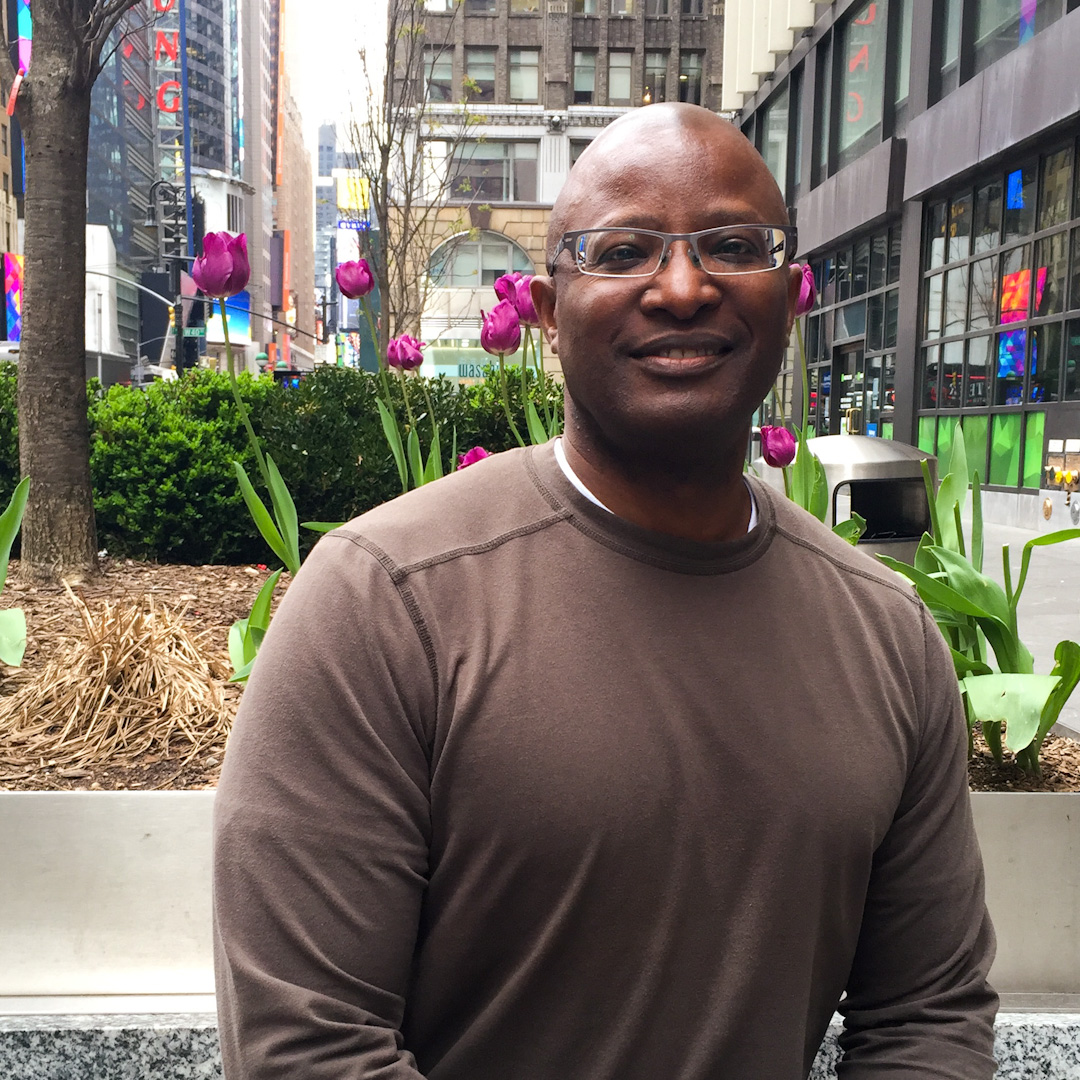Anne Marie Hagan’s father, Thomas Hagan, was 56 years old when he was murdered in 1979 in the little fishing village of Kingman’s Cove, Newfoundland, Canada. He received 16 axe cuts, several in the head, neck and face. The 30-year-old man who committed the act was his neighbour. He was suffering from schizophrenia, and he believed that he’d heard the voice of his dead mother telling him to kill Thomas Hagan.
It was Sunday August 12, 1979. I was a 19-year-old nursing student home on summer holidays when I saw my father murdered with an axe. I tried to stop the man, but he axed me as well.
Filled with sadness and despair, I became completely consumed with anger, bitterness, vengeance, and self-pity. I was absolutely determined that this man would never, ever regain his freedom. The longer he was locked away, the greater the value of my father’s life.
Then, on June 7, 1996, during a comprehensive campaign I’d organized to stop his release, I talked with him face-to-face. It was during this meeting, while learning more about him as a human being and the horrendous suffering that he’d endured, that everything changed.
I’d not heard of the term restorative justice then but in that face-to-face meeting, which lasted 1 hour and 40 minutes, 16 years and 10 months of misery was just wiped away. As he started to cry and said, “I’m to blame, I’m to blame”, I couldn’t take it anymore. I rushed around the table and hugged him, telling him that I forgave him. I remember saying to him, “Blame is too strong a word, blame is too strong a word.”
I could never have imagined that in doing so, I would set myself free. Finally I was able to let go of all the pain and torment that had held me captive, realizing that I’d been my own jailer. My life changed as I began to see the world through new eyes. I felt joy again, the numbness was gone.
My father’s killer is now 59 years old. He has a job, and he’s working towards a university degree. I admire him for having the strength and the courage to rebuild his life. I visit him regularly. We have talked at length about what happened on that fateful day, and how my forgiving him has changed both our lives.
In June 2002, my journey as a Motivational Speaker began. Since then I’ve spoken to thousands of people across Canada including police officers and prison inmates. Before I forgave my father’s killer I had zero compassion for such people. Now, I see each inmate as somebody’s child.
Forgiveness is not permission. It doesn’t mean that you agree with what the offender has done, or that they had a right to do what they did. Also, forgiveness cannot be conditional on remorse because that would mean we can only forgive those who are sorry.
In that June 7, 1996 meeting, I awoke to the realization that if a loved one of mine committed murder, I would want the other cheek turned to them. And, that I did not have the right to demand more from the world than I was willing to give to this man.
I have been on a long journey since seeing my father murdered. I have learned to let go. I have learned that vengeance is blinding and that while I may have the right to miss my father, I do not have the right to judge, condemn, or hate who killed him. I have learned that while my life could never be the same after the murder, it didn’t have to be worse. That was a matter of choice, my choice. And, I also learned that murder cannot destroy hope, faith, or love.




